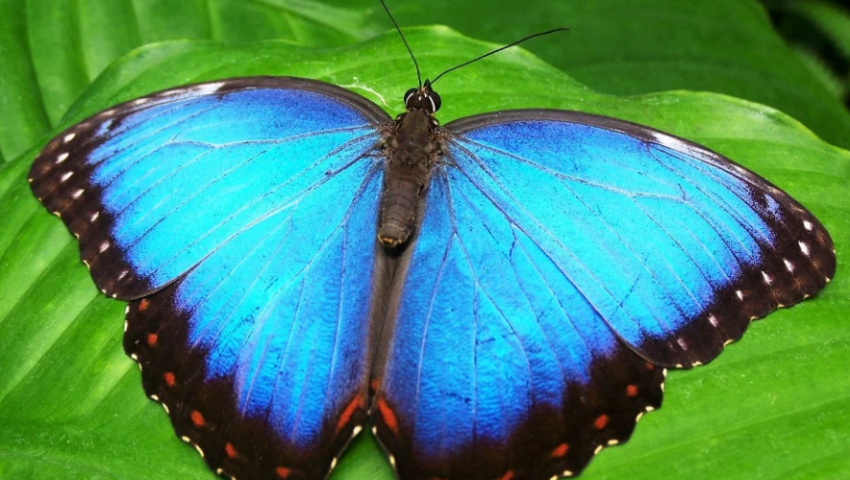The circular economy limits the overuse of environmental resources, but Bulgaria still has no strategy

Photo: Pixabay
The circular economy limits the overuse of resources and reduces the pressure on the environment, experts from the non-governmental sector believe, quoted by BTA about the possibility of permanently imposing this model of production and consumption in our country. The circular economy is a model of production and consumption that aims to reduce waste. The process encourages longer use of a product.
In the last 10 years, the circular economy has been slow and not very secure in some stages, commented Asen Nenov from the Circular Economy Institute. However, driven by the rise of extreme natural phenomena and growing insecurity in the world, we are now convinced that there is no other way, he stressed. Nenov pointed out that imposing the process requires not only the commitment of the economy, but also of education, culture and other areas.
There is a need for lasting measures for nature protection. According to the expert, the linear economy causes environmental, economic and social damage to the places of extraction and production. The circular economy is one of the first steps towards the greatest transformation of the industrial economy to the bio-based economy of the future, he said.
The circular economy helps to extend the life cycle of a product, said Eng. Tsvetomir Kalchev, creator of the platform cemis.bg, which provides information about the places of delivery of different types of waste. According to him, recycling or selling / renting a product also develops the process of the circular economy. Kalchev clarified that overproduction leads to low quality products that contain elements that are difficult to process. According to him, the circular economy will stimulate business to work in an environmentally friendly way. It also benefits small traders who repair a type of product, Kalchev said.
In the circular economy, in addition to production, the emphasis is on consumers, said Catherine Tomova, coordinator of the project "Be smart, think in circles" at the Bulgarian Biodiversity Foundation. According to her, the consumer should receive the necessary information and be stimulated to first look for products with eco-labels, recycled content, etc., as well as ways to repair them if necessary and recycle them at the end of their "life". It is important not to fall into the trap of the so-called green delusion, or greenwashing - products that are marked as environmentally friendly, but in fact are not, said Tomova.
The need in Bulgaria to campaign for the benefits of the circular economy was also highlighted in talks on the Ecology Sector of "Continuing Change" with coalition partners before forming a government. At the time, politicians and experts argued that the circular economy was part of measures to combat climate change. That is why it was a priority for the government to have a Deputy Prime Minister for Climate Change. But it is a fact that, along with others, this strategy is delayed in the Ministry of Economy, which is leading in this process.
The Ministry of Environment and Water is developing a Strategy and Action Plan for the transition to a circular economy of the Republic of Bulgaria for the period 2021-2027. But it covers primarily the field of waste, the Deputy Minister of environment and water Reneta Koleva. The document states that the process should cover the entire production cycle - product design, movement of material flows, the creation of the right incentives and legal structures to stimulate business ideas. According to the strategy, the benefits of the circular economy will help prevent up to 80 percent of the impact of products on the environment. Imposing the circular economy model is in line with the implementation of the objectives of the European Green Deal. "The transition to a circular economy, which is one of the highlights of the pact, aims to strengthen the competitiveness of the economy and increase the Community's gross domestic product by 0.5 percent by 2030," the strategy said. The adoption of a document covering all circular economy policies is likely to be adopted after the New Year.
